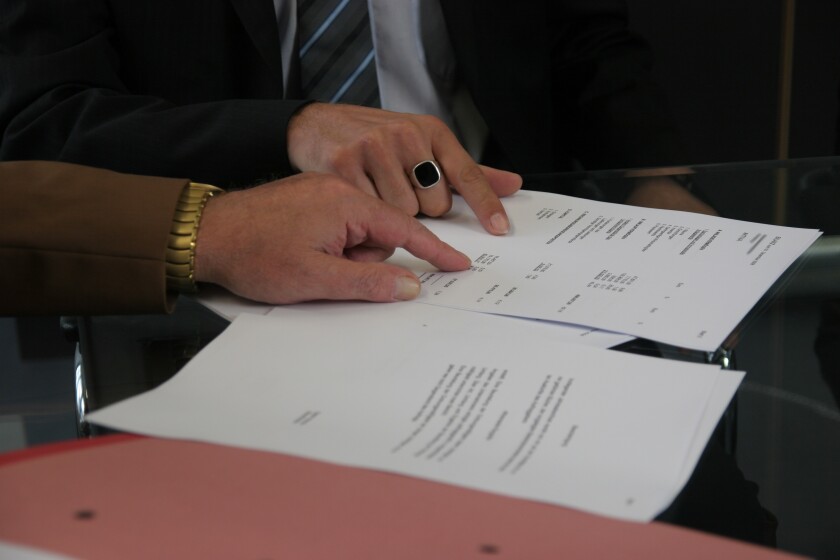In a second-instance decision delivered in November 2023, the Taiwan Intellectual Property and Commercial Court (the IPC Court) ruled that a patentee is obligated to notify its exclusive licensee about the annuity payment deadlines for licensed patents, even if the licence agreement is silent on this matter.
The dispute, in Greenyn Biotechnology Co., Ltd. v China Medical University, revolves around a technology transfer and licensing agreement executed in 2013. Under the agreement, the university, acting as the patentee licensor, granted a licence involving a portfolio comprising four patents/applications. More importantly, it transferred its research findings related to the use of certain Cucurbitaceae fruits for blood sugar regulation.
However, in July 2014, one of the licensed patents, a Japanese patent (the JP patent), became invalid due to non-payment of annuity. As Japan was an important market for the licensee’s health food products using the licensed technology, it initiated a lawsuit against the patentee in 2022. The claim sought reimbursement of a quarter of the upfront royalty and a reduction of a quarter in running royalties based on sales revenue from products utilising the licensed technology. The fundamental question arose regarding the responsibility for annuity payments.
The agreement’s language regarding annuity responsibility is not clear. Although it stated that the licensee should “pay any related fees deriving from the issued patents”, it left considerable room for debate. Firstly, this clause could imply that the patentee manages the annuity payment, with the licensee reimbursing afterward. Secondly, if the licensee is to make direct payments, it might just do so passively upon notification from the patentee, which was precisely the licensee’s argument. More importantly, the agreement is silent on which party should take responsibility regarding managing the portfolio and maintaining the patents’ validity.
However, the three-judge panel held that the patentee should at least take the responsibility of providing prior notification to the exclusive licensee before each annuity deadline, despite the latter being the direct payer. The decision was based on two reasons. Firstly, the parties had been following this ‘payment upon notification’ practice since the agreement’s inception. Secondly, the absence of such notification might lead to the loss of patent rights, thus potentially impeding the licensee’s legal standing, such as its capacity to sue infringers. According to the panel, the licence agreement cannot fully achieve its goal without this implied obligation.
Nevertheless, the panel noted that the patentee was relieved of this obligation when the licensee requested the transfer of managing the licensed portfolio to its patent agent in early 2014. Despite the licensee’s argument that this takeover only covered pending applications, evidence, including witness testimony, indicated it was a full portfolio transfer, the panel said. Therefore, since the new agent took over the portfolio management, the licensee assumed complete responsibility for maintaining the validity of the licensed patents, including the disputed JP patent, from early 2014.
The ‘unjust enrichment’ argument
Another significant aspect of this judgment was the panel’s rejection of the argument that the termination of the JP patent right would lead to unjust enrichment on the part of the patentee – the licensee argued that this claim holds true irrespective of whether the patentee should have notified it of the annuity payment deadlines.
Rejecting the unjust enrichment claim, the panel held that, firstly, the agreement explicitly stated that royalties would not be refunded or reduced due to contract termination or rescission, which suggests the parties’ intent for non-refundability and non-reducibility of royalties even upon expiry or extinguishment of any licensed patents.
Secondly, the panel held that the disputed contract is a broad technology licensing agreement, with patent licensing being just one part of it. Therefore, when the licensee successfully manufactured its products using the licensed technology and introduced them to the market, the patentee had fulfilled its primary contractual obligation, and the JP patent’s extinguishment could not alter this fait accompli.
Finally, the royalty calculation was based on the value of the licensed technologies and the entire patent portfolio, without mentioning the significance or weight of each patent/application in the calculation.
A question not fully addressed
If commercialisation is indeed the crux of a contract, its relationship with the patentee’s duty to notify annuity deadlines seems to be a question not fully addressed in this judgment.
At the time of writing this article, it remains unclear whether the exclusive licensee has filed an appeal to the Supreme Court.












